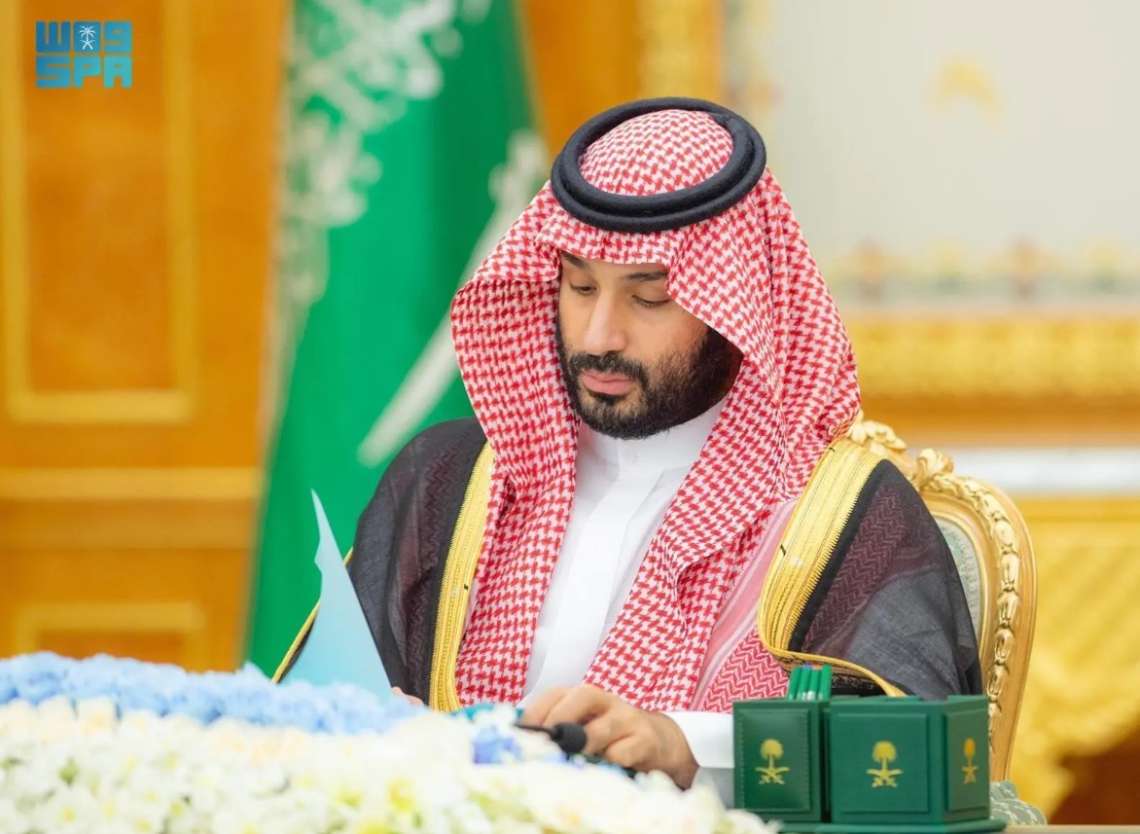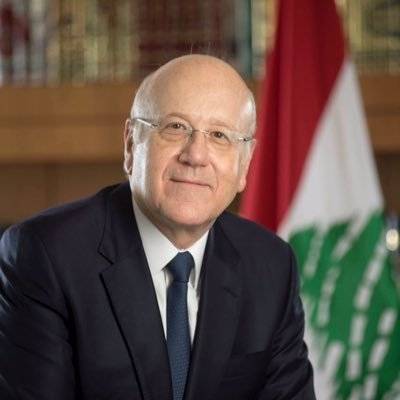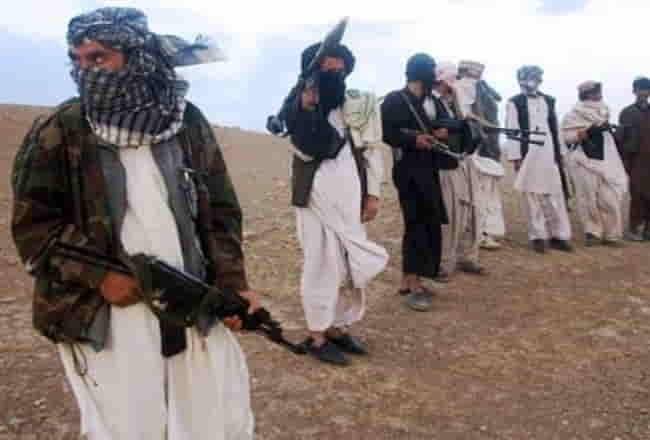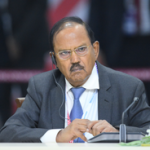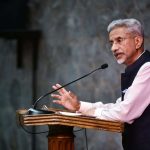Saudi Arabia’s foreign minister Prince Faisal bin Farhan Al Saud arrived in New Delhi on Saturday evening on a three-day tour…reports Asian Lite News
The Saudi minister will meet Prime Minister Narendra Modi and minister of external affairs S Jaishankar to hold bilateral talks on a range of issues, including the rapidly evolving situation in Afghanistan in the wake of the Taliban takeover. “H.H. Prince Faisal Bin Farhan Al Saud, minister of foreign affairs of the Kingdom of Saudi Arabia, arrived in New Delhi today evening,” tweeted Arindam Bagchi, the spokesperson for the Union ministry of external affairs, on Friday.
The Saudi foreign minister’s visit to India comes days after he batted for the Taliban regime in Afghanistan, ‘hoping’ that the caretaker government will help the war-torn nation achieve stability and overcome violence and extremism. Prince Faisal bin Farhan Al Saud, without elaborating much on the Taliban’s approach to governance, said that Saudi Arabia will support “the choices the Afghan people make regarding the future of their country, away from external interference.”
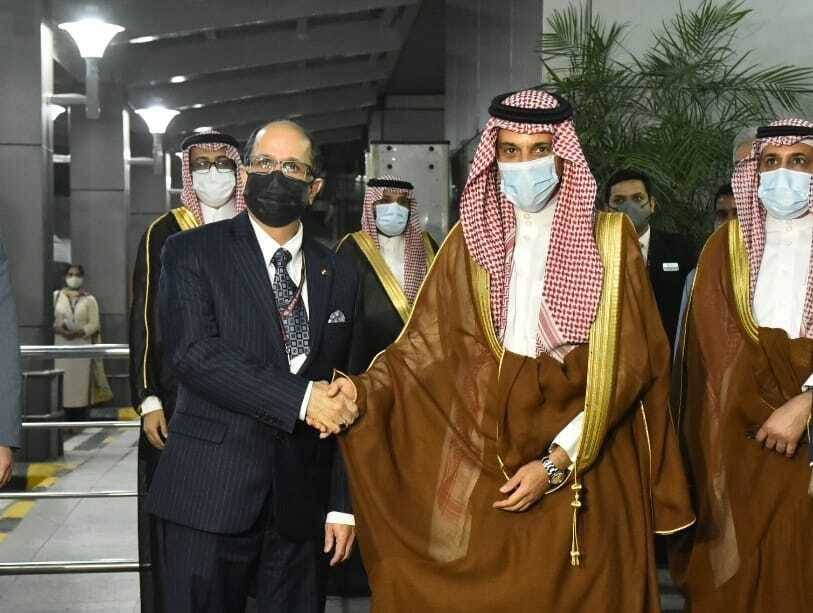
However, there are underlying security concerns regarding the emergence of a medieval theocratic Afghanistan state and its ties to a global jihadist network enabled by the Taliban regime. It is likely that these discussions will feature in the Saudi minister’s talks with the Indian leaders during the three-day visit.
ALSO READ: Saudi ministers approve new law to protect personal data
It was reported that India’s close allies in the Middle East, Saudi Arabia, and the UAE, are perturbed by the active role being played by Qatar, Turkey, and Pakistan in engaging with Kabul’s Sunni Islamist regime.
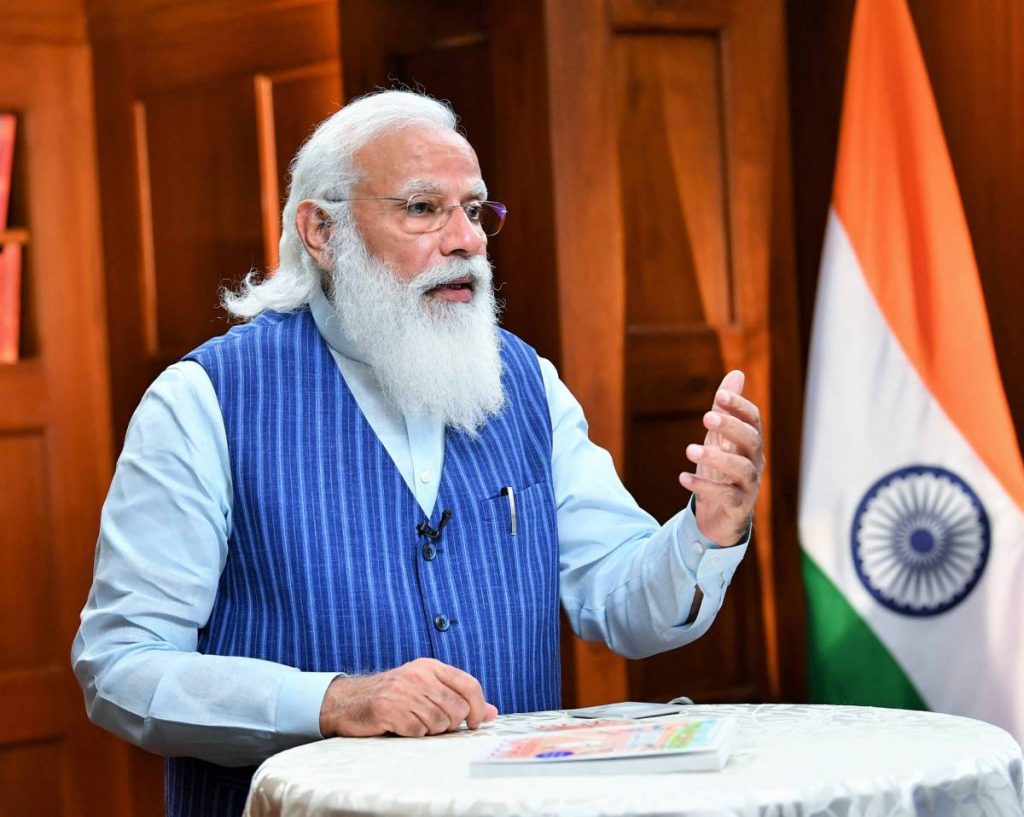
Qatar may have taken the lead in diplomatically engaging the Taliban regime in Kabul, but the wider global community is in no rush to legitimise the former insurgents as the new rulers of Afghanistan. In his address to the plenary session of the 21st meeting of the Shanghai Cooperation Organisation (SCO) in Dushanbe earlier this week, Prime Minister Narendra Modi spoke about increasing radicalisation, which he said has become the biggest challenge to peace, security, and trust deficit in the region. In his six-minute virtual address, Modi said recent developments in Afghanistan had made this challenge more clear.
The Prime Minister had also talked to the UAE crown prince, Sheikh Mohammed bin Zayed Al Nahyan, at the beginning of this month and discussed the Afghanistan situation, while Jaishankar hosted the diplomatic advisor to the UAE president on August 30 and mulled over the Kabul crisis.




